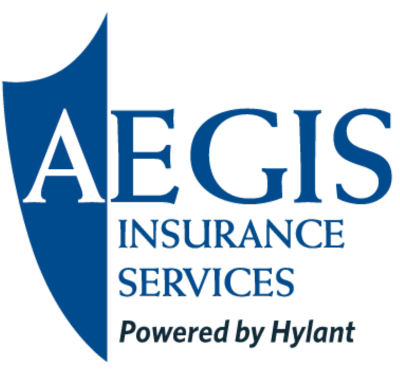Use these safety tips to prevent injuries.
In the moving and storage industry, much of the day is spent lifting, carrying and transporting heavy objects. It only takes one careless mistake to sustain a serious, long-term injury due to improper lifting technique. The following safety tips will give you helpful ergonomic guidelines for lifting any size load.
Before Lifting
- Evaluate the object and consider whether you will need a second person or dolly to help you. Properly use lifting belts, appliance straps, dollies/hand trucks, etc.
- Consider whether the size or shape of the load creates additional challenges.
- Determine if you will have to turn or change direction while carrying the load.
- Find out if the route you will take with the load is clear of obstructions and hazards.
Ground-Level Lifting
- Get as close as possible to the load, keeping it against your body.
- Bend from the knees, not the back.
- Get a good grip on the object.
Overhead Lifting
- Stand on a stable surface.
- Take the object off the shelf or support carefully, maintaining your balance.
- Bring the load down to waist level while maintaining control.
- Avoid reaching and lifting simultaneously.
Carrying
- Always walk forward instead of backward, especially on or near stairs, ramps or loading docks.
- Avoid stairs if possible.
- Have someone else open doors, gates or other closed entries for you.
- Change direction by moving your feet, not your hips.
- Keep shoulders, hips and feet aligned. Do not twist at the waist or change direction by moving your hips instead of your feet.
- Set the load down if it becomes too heavy or unstable.
Setting Loads Down
- Bend at your knees, not your waist.
- Set down the corner or edge of the object closest to you first, keeping your fingers out from under the load.
Helping Moving & Storage Companies Manage Risks
Hylant has joined forces with Aegis Insurance Services to offer programs specifically designed to address the unique challenges moving and storage companies face. These programs provide you with peace of mind and financial security. Contact a team member to learn more about how we can help you.
The above information does not constitute advice. Always contact your insurance broker or trusted advisor for insurance-related questions.

